CORONAVIRUS (COVID-19) PROTECTION PROGRAM – ATLANTIC TREE SOLUTIONS
Below is a Coronavirus Protection Program developed by Mitch Jamieson of Atlantic Tree Solutions. Mitch has shared this with the chapter so that other Arborists and trees care companies in Atlantic Canada can benefit from it. Thank you Mitch. Stay safe and healthy.
Corona Virus Protection Program
Scope
Corona Viruses cause infections of the human nose, throat and lungs. They are most commonly spread through coughing, sneezing, close prolonged personal contact, or touching something with the virus present then touching the eyes, nose or mouth. This Coronavirus Protection Program (CVPP) defines safe operating procedures for employers and employees operating in a workplace where there is a risk of coronavirus infection from other workers, the general public, and/or surfaces throughout the worksite. This document shall be used in addition to recommendations from provincial and federal health authorities and the World Health Organization.
Purpose
This CVPP has been created to keep workers safe while potentially exposed to a virus known to cause negative health impacts. This document can be used in whole or in part to create safe work procedures customized to specific employer or workplace. In the event of a recommendation discrepancy, provincial/ federal governments or the World Health Organization should be considered the governing body on this topic.
Responsibilities
All employers shall take all reasonable precautions to protect workers from hazards associated with exposure to coronavirus infections within the workplace. Guidelines for protection include sanitation and hygiene, limited contact through social distancing, adequate rest and nutrition, personal protective equipment and effective assessment and record keeping.
All employees have the right to refuse unsafe work and the responsibility to adhere to all safety precautions mandated by the employer and to report unsafe acts that may expose co workers or the general public to risks associated with coronavirus infections. Employees have the responsibility to stay home from work if they are displaying symptoms associated with a coronavirus or have been notified that they have been in contact with someone infected with a coronavirus.
CVIP Safe Work Procedures
Sanitation and Hygiene
o Workers should wash hands often with soap and water for a minimum of 20 seconds using proper hand washing protocols as outlined by the Gov’t of Canada Public Health services COVID-19 Prevention and Risk document. Hands should be washed before consuming food or drink, after using the restroom and as soon as reasonably possible after contact with any surface suspected of being contaminated.
o Use alcohol-based hand sanitizer when soap and water is not readily available. Sanitizer should be comprised of at least 60% alcohol.
o Avoid contacting your eyes, nose or mouth prior to washing hands.
o Sneeze or cough into the inside of the elbow. Tissues can also be used but should be discarded immediately after use and followed with proper hand cleaning techniques.
o Clean and disinfect commonly or frequently touched surfaces such as handles, tools, doors and doorknobs. Soap and water can be used to clean surfaces prior to disinfecting but products intended to disinfect should be used. (Read and understand manufacturers recommendations for safe use of disinfecting agents)
Personal Contact
o Practice ‘Social Distancing’ by maintaining a minimum of 2 meters between all individuals at all times.
o Reduce or eliminate transactions of physical items (tools, paperwork, currency, electronic devices, etc.) between all workers and public. If items must be shared, disinfect between users or use appropriate PPE to reduce hazards caused by the virus.
o Reduce number of workers at the worksite to comply with gathering requirements outlined by the Health Authority having jurisdiction.
Nutrition and Well-Being
o Ensure all workers are knowledgeable in the daily required amounts of sleep and hydration as well as the benefits of proper nutrition and exercise. Good overall health is a key component of surviving a Corona virus infection.
o Allow workers ample time to rest and recover from strenuous activities. Provide adequate hydration appropriate to the task at hand.
o Ensure workspaces are well ventilated especially when more than worker is present.
Personal Protective Equipment
o PPE can be effective in protecting workers from hazards caused by corona viruses. However, it must be noted that PPE is a LAST LINE OF DEFENCE. Distancing, proper hygiene and staying healthy are by far the most effective ways to reduce the risk from Corona viruses.
o Masks or physical mouth and nose coverings may provide a limited level of protection from a corona virus infection and can also slow the spread similar to the action of coughing/ sneezing into the inner elbow. Masks must not be shared, placed on anyone who has troubles breathing or someone who is unconscious. Hands must be washed immediately after putting it on and taking it off. Masks should fit snuggly around the contours of the nose and mouth area.
o Masks must be discarded once soiled or dampened. All necessary precautions must be taken to discard or clean the mask in a way that limits further spread of the virus.
o Gloves can act as another layer of protection from potential corona virus transmission when tools must be frequently shared or common surfaces touched. While wearing gloves it is imperative not to touch the eyes, nose or mouth or other surfaces that may be contacted by the general public or other workers without being disinfected first.
o Proper hygiene, hand washing protocol and distancing must be respected regardless of PPE use.
Assessment and Reporting
o Workers must stay home if displaying any symptoms associated with a coronavirus and seek medical attention to determine if they have been infected with a coronavirus.
o Workers must Quarantine for 14 days (stay at home, monitor symptoms, practice self distancing and proper hygiene) when directed by the local or federal health authority due to travel or potential contact with someone carrying the virus.
o Workers must Isolate for 14 days (Stay at home or shelter alone and monitor health under guidance of health care provider) when directed by the local or federal health authority due to symptoms, pending or positive diagnosis of a corona virus or travel outside of Canada.
o Employers should keep a detailed record of crew rosters and interactions so that workers potentially at risk can be identified if another worker is diagnosed with a coronavirus.
o Employers should monitor their workers for symptoms of a coronavirus. If symptoms are noticed, the worker should be sent home immediately and other employees notified.
o Objects and surfaces touched by a potentially infected worker should be closed/ tagged out/ considered off limits until adequate disinfection can be carried out.
o Possibly infected workers should not return to work for 14 days or until they have tested negative for a coronavirus or recovered from the infection.
Resources
o Government of Canada, Public Health Services and Employment/ Social Development Services
o Centres for Disease Control and Prevention (CDC)
o Occupational Safety and Health Administration (OSHA)
o Nova Scotia Workplace Health and Safety Regulations







